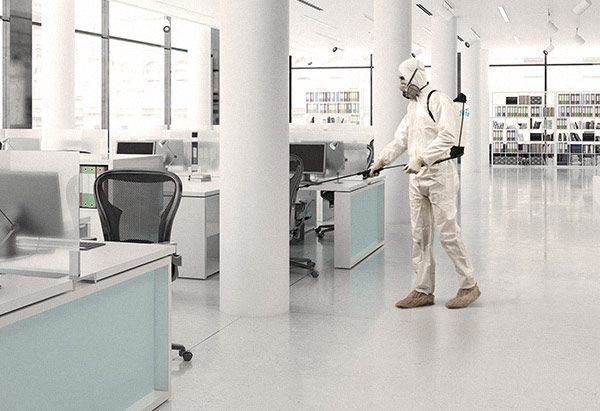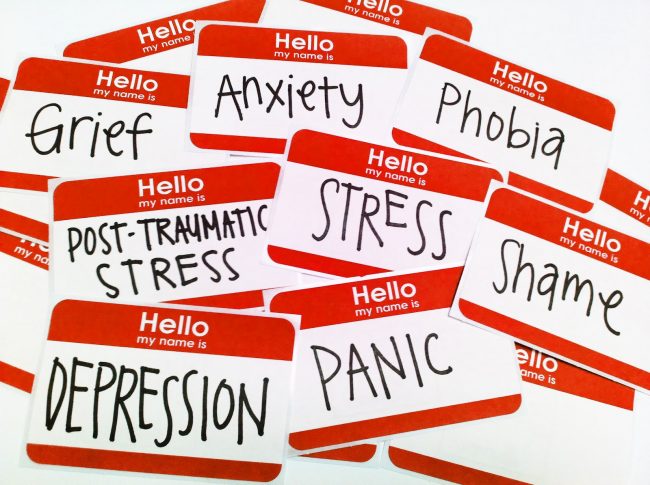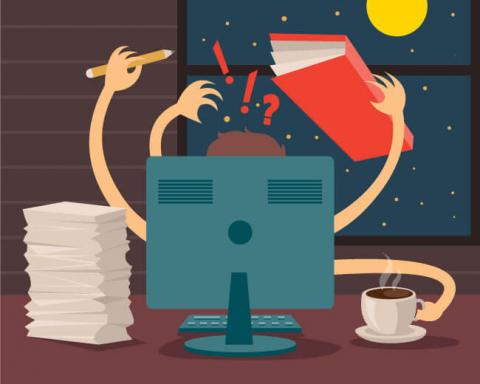Ensuring staff a priority as lockdown levels ease
Devan Moonsamy
As South Africans adjust to level 4 of the nationwide lockdown, we have seen scores of people embrace the small opening of normal. People have hit the ground running as jogging has been allowed again and retail stores have also been permitted to operate selling essential winter gear. South Africans were extremely excited as well, when the delivery of food from their favourite local restaurants being permitted during this level of the lockdown.
At the same time, some industries have also opened their doors under strict regulations in line with the requirements of level 4. This is good news for the many who have been under pressure with concern over a salary for the month of May. The fact that they will be able to go to work and do their day to day tasks gives many the relief that they will be able to keep their households running for this month.
But with the relief of being back behind the desk comes the danger of contracting the virus. From traveling in public transport to interacting with colleagues, the risk is everywhere. As much as employers are optimistic about their performance following the set back of the lockdown they have to be just as enthusiastic about the well being of their staff.
It is this time that must be used to sanitize and create healthy working environment. The onus is on the employer to provide sanitising stations to provide a low risk Covid-19 environment for employees.
How can I make the workplace low risk to the corona virus for my employees?
- Conduct a proper deep clean. This will entail either hiring a professional service or sourcing people who specialise in deep cleaning and sanitising to reduce the spread of germs.
- Initiate a check in system at the security gate. Purchase digital thermometers that would allow the security to check people’s temperatures before they get into the office.
- When staff enters the building ensure they are wearing their facemasks which should be provided by the employer.
- Each office should have hand sanitisers available. This becomes a must on each floor. It will help to prevent the spread of germs on frequently touched surfaces like the buttons on the elevator, door handles etc.
- Allow for those employees who can work from home to continue to do so. This will ensure you do not have an influx of people at the office.
- If it is possible, try and get a walk-through sanitizing booth. Many companies have initiated this. It provides a walk way that allows staff to be sanitized when entering and exiting the building.
- For employees, once you get home ensure you immediately step out of your work clothes and head into the shower before interacting with your family.
Following these steps does not guarantee that this will prevent the virus from spreading. But what this does allow is for us to be a lot more proactive and mindful on how germs spread. Try this approach and ensure your staff are safe this way they will be able to be productive and be thankful that you are putting their well being first.
Devan Moonsamy is the CEO of ICHAF Training Institute. ICHAF offers SETA-approved training in business skills, computer use, and soft skills. Devan specialises in conflict and diversity management, and regularly conducts seminars on these issues for corporates. To book a seminar with Devan or for other training courses, please use the contact details below.
Tel: 011 262 2461 | Email: devan@ichaftraining.co.za | Website: ichaftraining.co.za | devan-moonsamy.com






